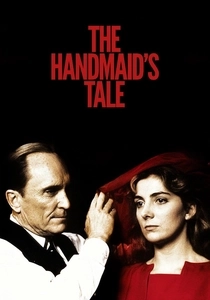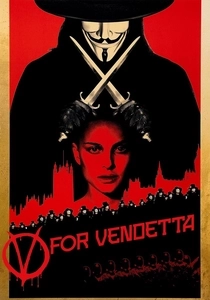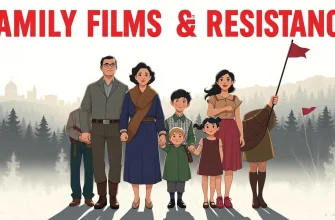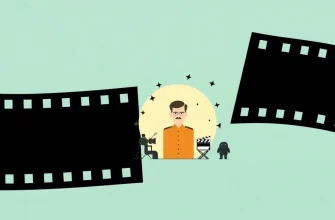Totalitarianism has been a chilling theme in cinema, offering a lens through which we can explore the depths of human nature, the abuse of power, and the resilience of the human spirit. This curated list of 9 films provides a deep dive into various aspects of totalitarian regimes, from historical accounts to dystopian futures. Each film not only entertains but also educates, offering insights into the mechanisms of control, surveillance, and resistance. Whether you're a history buff, a political science enthusiast, or simply a lover of thought-provoking cinema, these movies will leave you pondering the nature of freedom and the cost of its absence.

A Clockwork Orange (1971)
Description: Stanley Kubrick's adaptation of Anthony Burgess's novel explores themes of free will, violence, and state control in a dystopian society.
Fact: Kubrick withdrew the film from UK cinemas in 1973 due to concerns over copycat violence, and it was only re-released after his death in
 Watch Now
Watch Now 
Brazil (1985)
Description: Terry Gilliam's dystopian masterpiece satirizes bureaucracy and totalitarian control, where one man's dream becomes a nightmare in a world of endless paperwork and surveillance.
Fact: The film's ending was a point of contention, with the studio demanding a happier ending, but Gilliam's original, darker vision was eventually released.
 Watch Now
Watch Now 
The Handmaid's Tale (1990)
Description: Based on Margaret Atwood's novel, this film depicts a dystopian society where women are stripped of rights and used solely for reproduction, showcasing the extreme measures of totalitarian control.
Fact: The film was adapted into a critically acclaimed TV series in 2017, which has further explored the themes of the original story.
 Watch Now
Watch Now 
Equilibrium (2002)
Description: In a future where emotions are outlawed, this film explores the consequences of a society stripped of individuality and the fight to regain humanity.
Fact: The film's concept of "Sense Offenders" was inspired by Aldous Huxley's "Brave New World" and George Orwell's "1984".
 Watch Now
Watch Now 
The Lives of Others (2006)
Description: This German film offers an intimate look at the Stasi's surveillance in East Germany, exploring themes of control, betrayal, and the human spirit's resilience.
Fact: The film won the Academy Award for Best Foreign Language Film in 2007, and its director, Florian Henckel von Donnersmarck, was inspired by real-life stories from former Stasi officers.
 Watch Now
Watch Now 
V for Vendetta (2005)
Description: Set in a future Britain under a fascist regime, this film follows a masked vigilante's quest to overthrow tyranny, highlighting themes of resistance and freedom.
Fact: The film's iconic mask has become a symbol of protest worldwide, inspired by the graphic novel by Alan Moore and David Lloyd.
 Watch Now
Watch Now 
The Wave (2008)
Description: This German film is based on a real experiment where a teacher creates a fascist movement in his class to illustrate how easily totalitarian regimes can take root.
Fact: The film is a remake of the 1981 American TV movie "The Wave," which was based on the same true story.
 Watch Now
Watch Now 
The Hunger Games (2012)
Description: In a dystopian future, the Capitol controls the districts through the annual Hunger Games, showcasing the brutality of totalitarian rule and the spark of rebellion.
Fact: The film's setting, Panem, is inspired by the Roman Empire's use of games to control the populace.
 Watch Now
Watch Now 
The Conformist (1970)
Description: Set in fascist Italy, this film delves into the psyche of a man who conforms to the regime's expectations, exploring themes of identity and political conformity.
Fact: Bernardo Bertolucci's film was inspired by the novel of the same name by Alberto Moravia.
 30 Days Free
30 Days Free 








